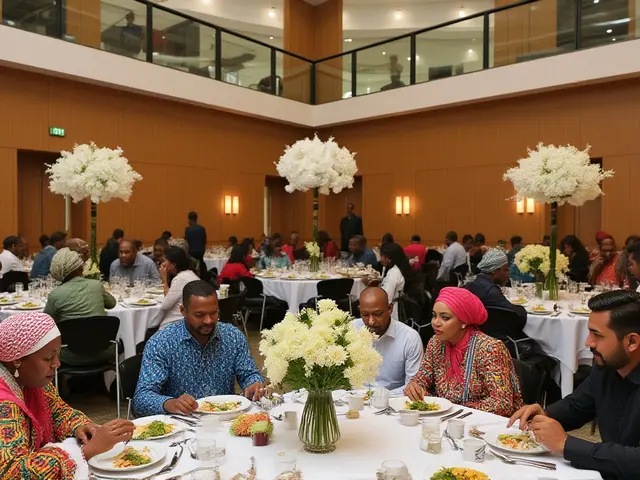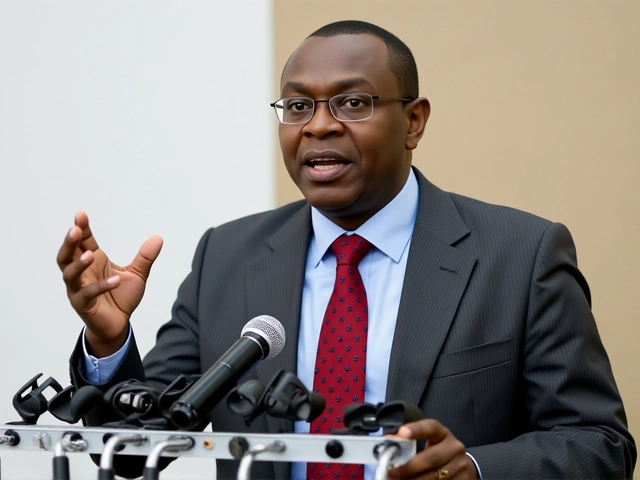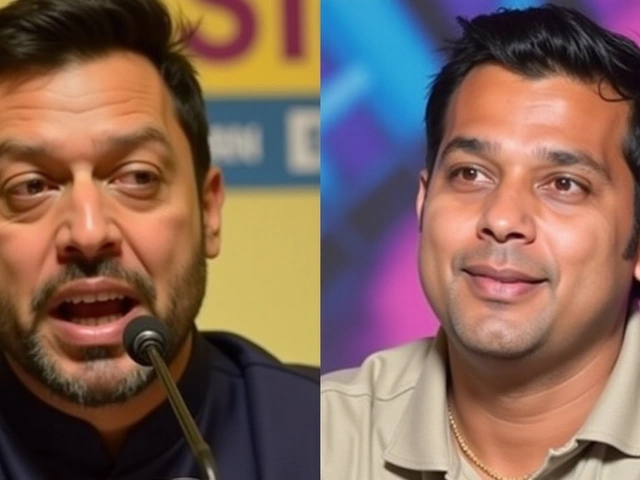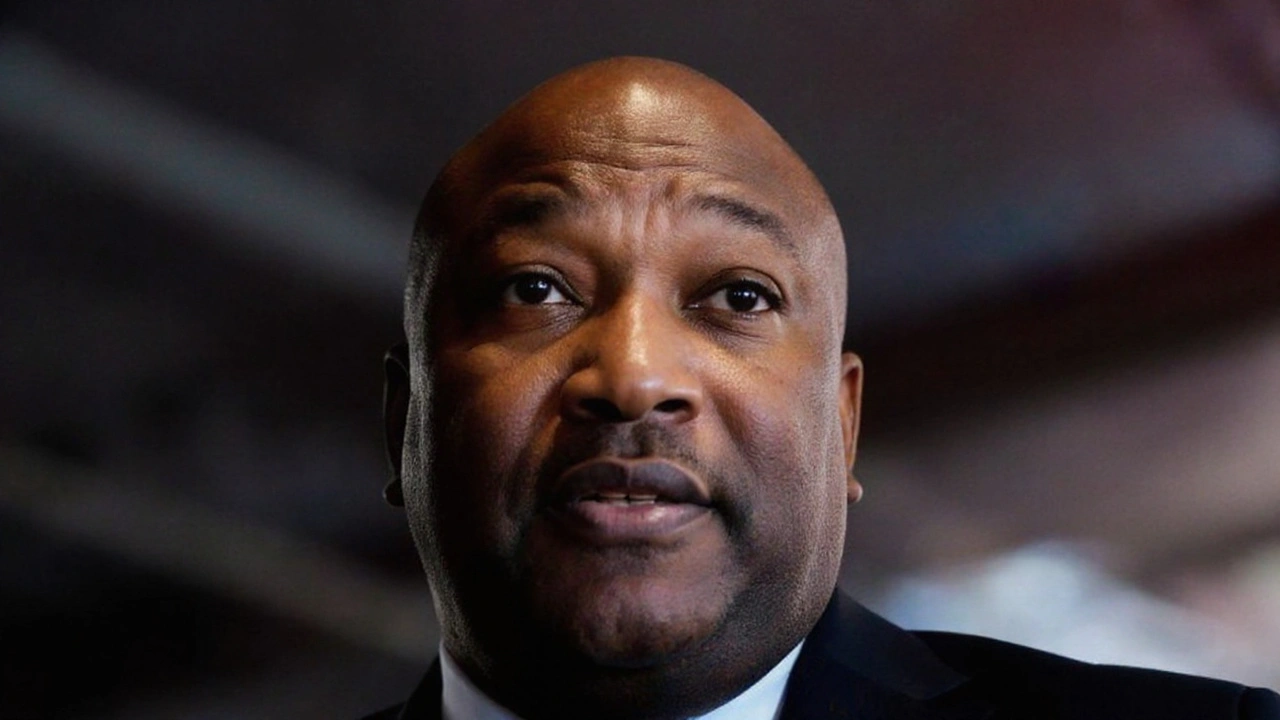
Background to the Suspension
In early July 2025, Patriotic Alliance (PA) leader Gayton McKenzie took the dramatic step of suspending his deputy, Kenny Kunene, after photographs emerged showing the flamboyant politician inside the Sandton residence of businessman Katiso "KT" Molefe. Molefe, widely reported as a feared crime figure, had been linked to several high‑profile rackets, and the visual link raised immediate questions about Kunene’s connections.
McKenzie issued a terse statement at the time, insisting that the party could not ignore any hint of criminal collusion. He announced that a reputable law firm would be tasked with reviewing the evidence, and that the party’s internal processes would run parallel to any police inquiries. The move was intended to protect PA’s public image while signaling zero tolerance for corruption.
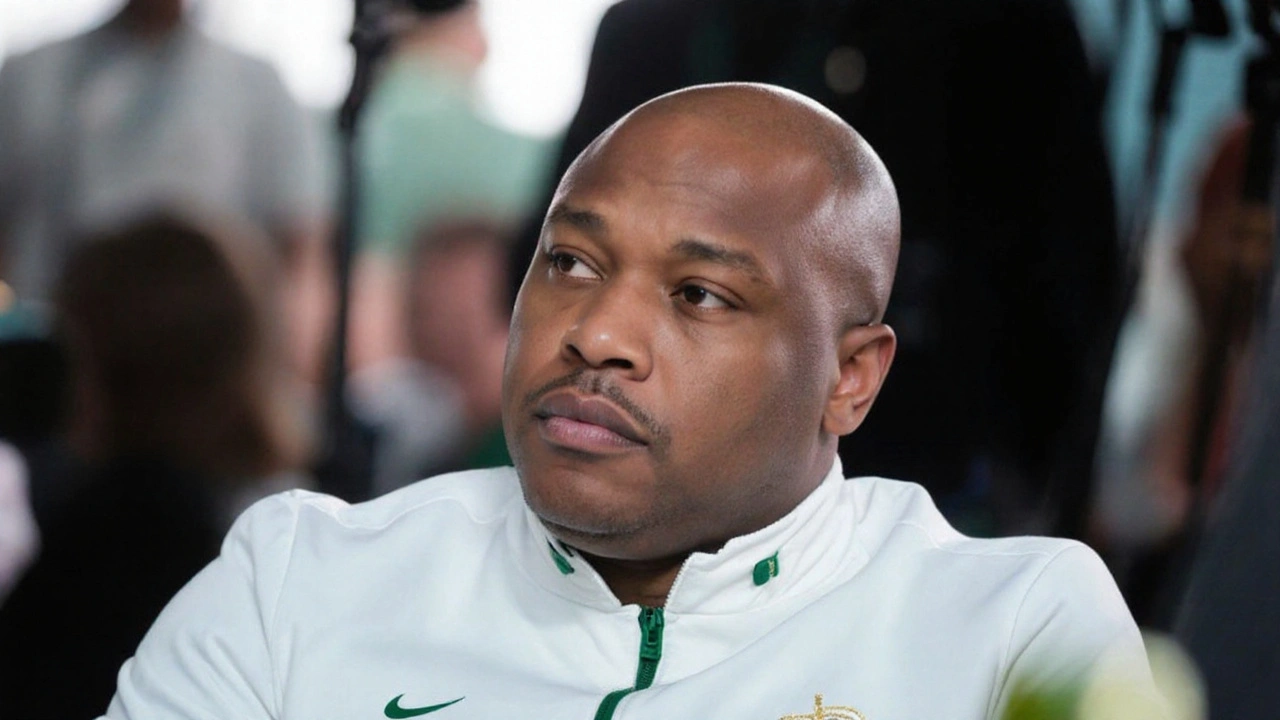
Developments as the Investigation Nears Completion
Fast forward to mid‑September 2025, and the investigation was reportedly reaching its final stages. In a press briefing on September 15, McKenzie appealed directly to South Africans for patience. "The [Kenny Kunene investigation] is almost over," he said, urging citizens to refrain from speculation until a formal report was released. He emphasized that the process had been transparent, with regular updates shared with the media.
Public reaction had been mixed. While some PA supporters praised McKenzie’s decisive action, opposition parties accused the leadership of a cover‑up, demanding an independent parliamentary committee to intervene. Legal analysts noted that the law firm’s mandate was limited to civil liability, not criminal prosecution, meaning any criminal charges would still need to be pursued by the National Prosecuting Authority.
On September 23, just a week after the “patience” plea, McKenzie announced that the law firm had cleared Kunene of any criminal wrongdoing, confirming his innocence. The declaration reignited debate about the adequacy of private investigations in high‑stakes political scandals, and whether the PA’s internal mechanisms were robust enough to deter future misconduct.
Regardless of the outcome, the episode underscored how quickly personal associations can become national headlines in South Africa’s volatile political landscape, and how party leaders must balance swift action with due process.

